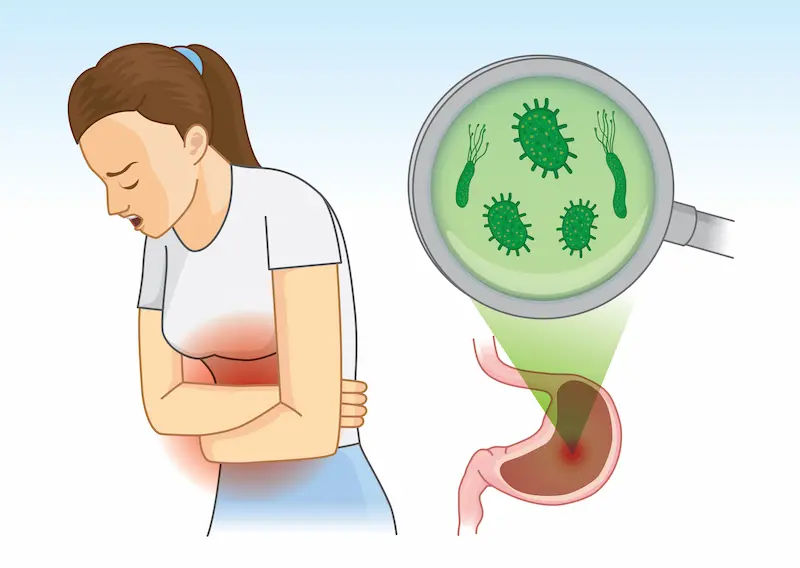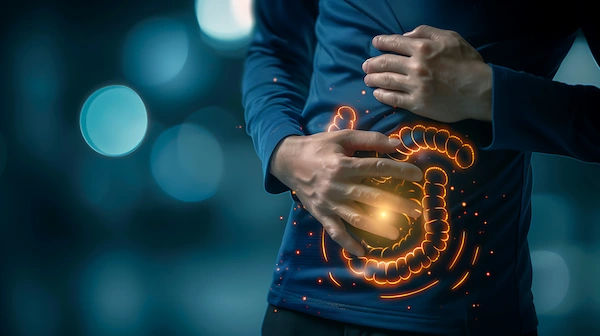- female
- 40 Years
- 31/03/2021
How long is too long to be constipated?
Answered by 1 Apollo Doctors
Any length of time is a concern when a person has hard stools or constipation. But after three days, stools become harder and difficult to pass needing a medical intervention or procedure to clear out the impacted stools.
Dr. Chandra Suggests...
Consult a Gastroenterology/gi Medicine Specialist
Answered 04/07/2025
0
0

More Gastroenterology/GI medicine Health Queries
View allIs Hepatitis A Curable?
There's currently no cure for Hepatitis A. An infected person usually gets better within few months. Till then symptoms can be managed with supportive treatments, adequate rest and hydration.
Answered by 1 Apollo Doctors
I'm really struggling with some left side chest tightness I've been having for the past couple of months. Sometimes it spreads to my shoulder and neck, and it even feels like something is stuck in my throat. I've gone through a bunch of cardiac tests like an ECG, Echo, treadmill test, and blood work, and they've all come back normal. I've also seen an ENT, an internist, and a neurologist. They all say everything looks fine. I'm on meds for my blood pressure (Amlopine 5mg) and cholesterol (Atorvastatin 20mg), and both are normal according to my recent check-up. But I'm still not feeling any better. Any idea what's going on or what I should do next?
CHECK GERD
Answered by 1 Apollo Doctors
I've had a chronic anal fissure for the last three months, and it's caused a small skin tag. Can medicine alone completely heal it, or is surgery the only permanent fix? Also, if I skip surgery, could things like constipation or anal sex make the fissure worse later on? Would really appreciate your advice.
A detailed evaluation will help decide the best course of action.
Answered by 1 Apollo Doctors
Disclaimer: Answers on Apollo 247 are not intended to replace your doctor advice. Always seek help of a professional doctor in case of an medical emergency or ailment.





